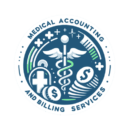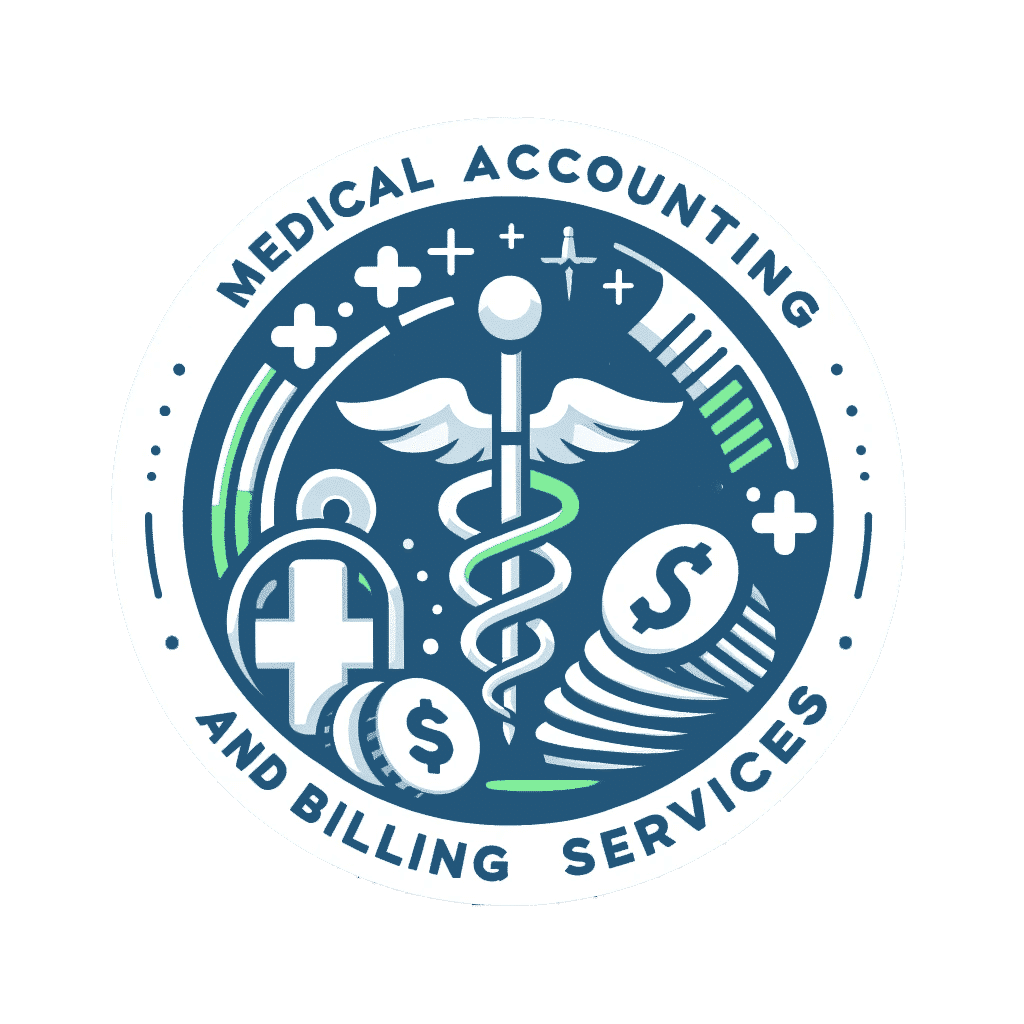
In the healthcare industry, maintaining a steady and reliable cash flow is critical to the success and sustainability of any medical practice. However, efficient medical billing is often overlooked, leading to delays in payments, claim denials, and increased administrative burdens.
By adopting efficient medical billing solutions, healthcare providers can streamline their revenue cycle management, minimize disruptions, and improve overall cash flow.
1. Timely Claim Submission: The First Step to Speedy Payments
One of the most effective ways to improve cash flow is by ensuring that claims are submitted on time and without errors. Late or inaccurate submissions often result in denied or delayed claims, which can create a cash flow bottleneck. An efficient medical billing service ensures timely and accurate submission of claims to payers, reducing the likelihood of rejections and shortening the payment cycle.
2. Minimizing Claim Errors Through Proactive Audits
Claim errors can be costly—not only in terms of lost revenue but also in the time and effort required for corrections. By conducting regular audits and implementing quality checks, medical practices can identify and rectify common errors before claims are submitted. A proactive approach to auditing helps practices maximize claim acceptance rates, leading to faster payments and improved cash flow.
3. Denial Management: Recovering Lost Revenue Efficiently
Claim denials are inevitable, but efficient denial management processes can turn a potential loss into a revenue opportunity. A well-established billing service tracks denied claims, analyzes the root causes, and takes corrective action to prevent similar issues in the future. By effectively managing denials, practices can recover lost revenue and maintain consistent cash flow.
4. Automation for Enhanced Efficiency
Medical billing automation plays a key role in optimizing medical billing processes. Automated billing systems reduce manual errors, accelerate claim submissions, and provide real-time insights into the status of claims. With automation, practices can improve the accuracy of claims, streamline communication with payers, and reduce administrative overhead, all of which contribute to enhanced cash flow.
5. Regular Reporting for Financial Transparency
Efficient medical billing isn’t just about submitting claims—it’s also about maintaining transparency and tracking performance. Regular financial reports give practices valuable insights into their billing operations, allowing them to identify trends, spot bottlenecks, and make data-driven decisions. These reports help medical practices stay on top of their revenue cycle management and ensure consistent cash flow.
Conclusion
In conclusion, efficient medical billing is essential for improving cash flow and sustaining a healthy financial position for medical practices. By focusing on timely submissions, proactive audits, effective denial management, automation, and regular reporting, healthcare providers can enhance their revenue cycle and free up resources to focus on patient care.
At Medical Accounting and Billing Services (MABS), we specialize in optimizing medical billing processes to help practices improve their cash flow and achieve long-term financial success. If you’re looking for a partner to streamline your billing and revenue cycle, get in touch with us today.


